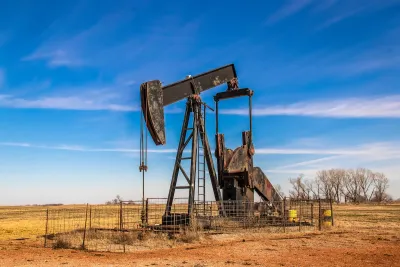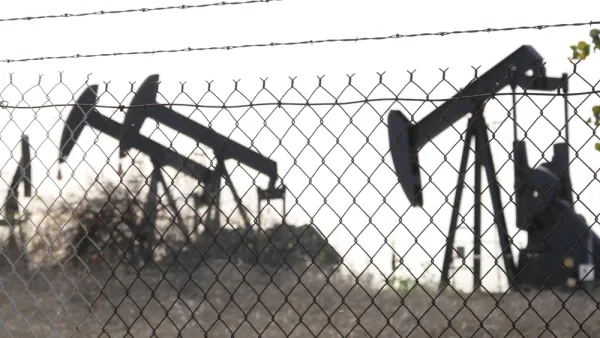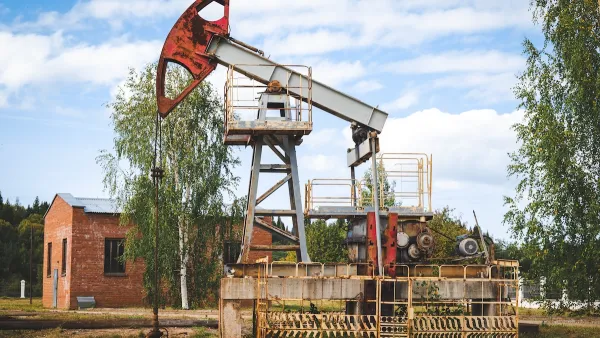An Environmental Liability Tax (ELT) on oil extraction would fund orphaned well cleanup, shift financial responsibility to oil companies, and address the environmental and public health risks posed by abandoned wells.

The United States faces a significant crisis with orphaned and uncapped oil wells, which number between 310,000 and 800,000 according to the Interstate Oil and Gas Compact Commission. These wells, often abandoned without an owner to take responsibility, pose severe environmental and public health risks, including methane leaks and groundwater contamination. Despite efforts like the Department of the Interior’s plugging of 9,000 wells in 2024, the scope of the problem far exceeds current funding and mitigation measures. The Bipartisan Infrastructure Law allocated $4.7 billion to address the issue, but cleanup costs, which range from tens of thousands to millions per well, demand a more sustainable and systemic solution.
As reported by Andrew Leahey, at the heart of the crisis is a combination of regulatory loopholes and cost-shifting practices in the oil and gas industry. Aging wells are frequently sold to smaller, precarious operators who lack the financial capacity to cap or remediate them, often leaving taxpayers to shoulder the burden when these companies declare bankruptcy. Current bonding requirements intended to ensure cleanup funds are insufficient, typically covering less than 2 percent of actual costs. This financial shortfall exacerbates the problem as the nation’s oil reserves dwindle and the industry faces reduced resources to address these liabilities.
An Environmental Liability Tax (ELT) offers a feasible and enforceable solution by requiring oil and gas companies to pay a per-barrel fee at the point of extraction. These funds would be placed in a managed trust exclusively for well capping, site remediation, and land restoration. The ELT would shift financial responsibility back to the entities profiting from resource extraction, eliminate the need to track down bankrupt operators, and reward companies maintaining high environmental standards through tax credits. By creating a predictable funding stream, an ELT could address the orphan well crisis more effectively while promoting accountability and environmental stewardship in the oil and gas sector.
FULL STORY: Towards An Environmental Liability Tax For Oil And Gas Wells

National Parks Layoffs Will Cause Communities to Lose Billions
Thousands of essential park workers were laid off this week, just before the busy spring break season.

Retro-silient?: America’s First “Eco-burb,” The Woodlands Turns 50
A master-planned community north of Houston offers lessons on green infrastructure and resilient design, but falls short of its founder’s lofty affordability and walkability goals.

Delivering for America Plan Will Downgrade Mail Service in at Least 49.5 Percent of Zip Codes
Republican and Democrat lawmakers criticize the plan for its disproportionate negative impact on rural communities.

Test News Post 1
This is a summary

Test News Headline 46
Test for the image on the front page.

Balancing Bombs and Butterflies: How the National Guard Protects a Rare Species
The National Guard at Fort Indiantown Gap uses GIS technology and land management strategies to balance military training with conservation efforts, ensuring the survival of the rare eastern regal fritillary butterfly.
Urban Design for Planners 1: Software Tools
This six-course series explores essential urban design concepts using open source software and equips planners with the tools they need to participate fully in the urban design process.
Planning for Universal Design
Learn the tools for implementing Universal Design in planning regulations.
EMC Planning Group, Inc.
Planetizen
Planetizen
Mpact (formerly Rail~Volution)
Great Falls Development Authority, Inc.
HUDs Office of Policy Development and Research
NYU Wagner Graduate School of Public Service





























